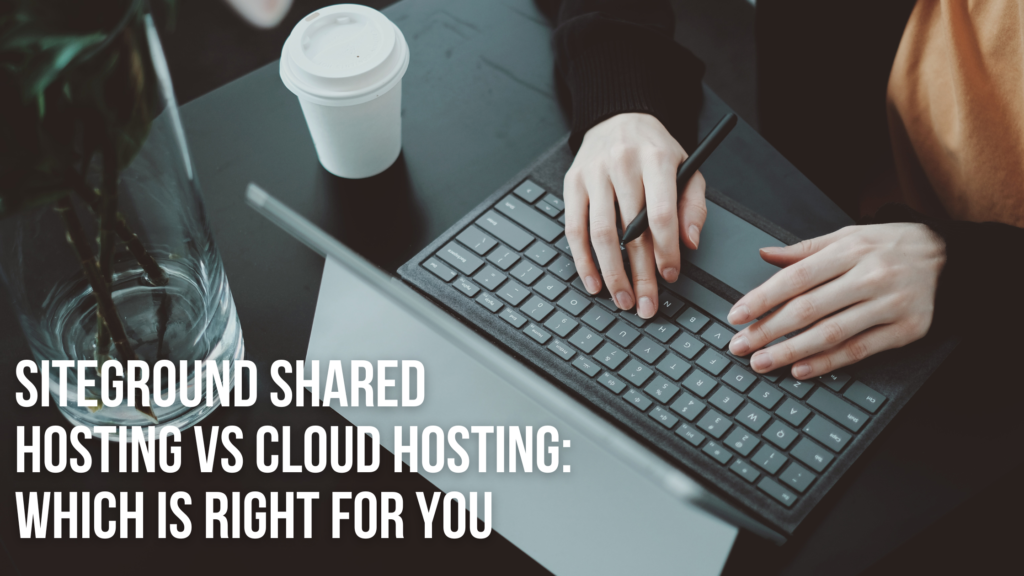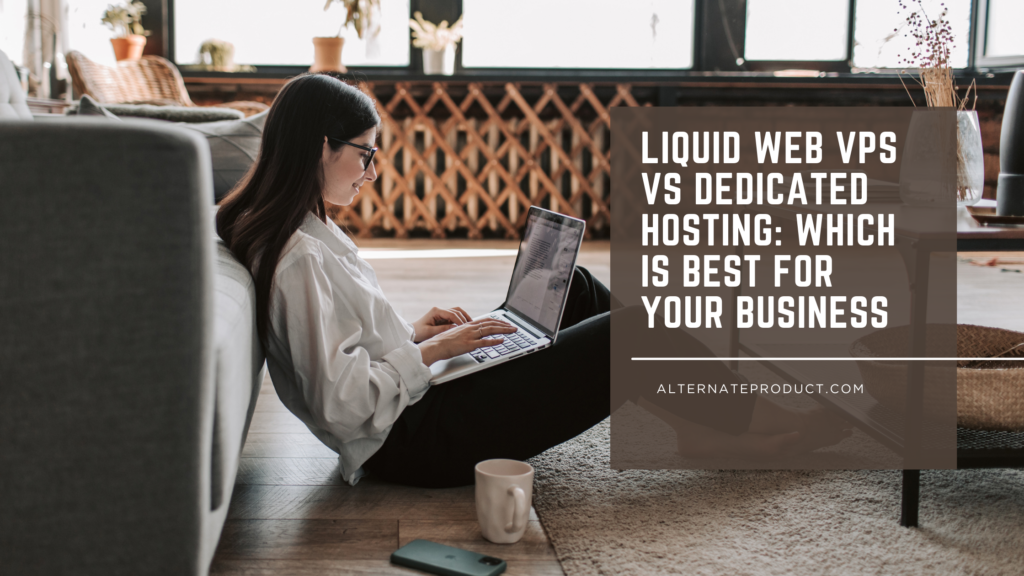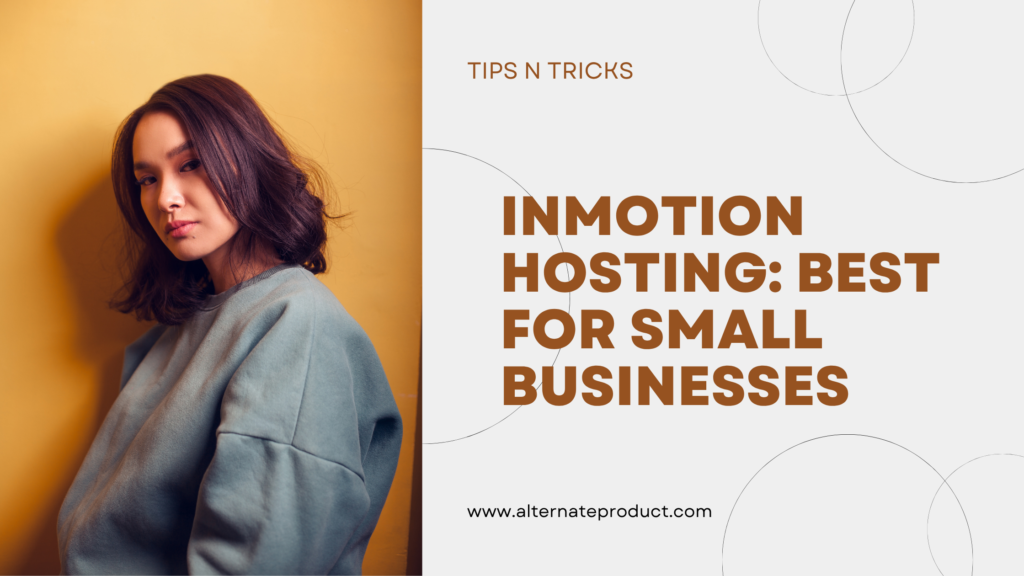I heard many times, that people asking is VPN safe to use or not! So, I bet you, after reading this complete guide you will find your answer.
VPNs are used to be a technical thing, but now they’re a big deal. You’ve likely seen ads on YouTube, podcasts, or even during the Super Bowl claiming that a VPN can make you anonymous or give you free video streaming.
Do these products really do what they say? While VPNs can help keep your online activities private, it’s crucial to know ‘what is a VPN’ and ‘why do you need a VPN’ so you can decide if they’re right for you or not. Let’s explore together what is a VPN and the history of VPN creation –
What Is a VPN?
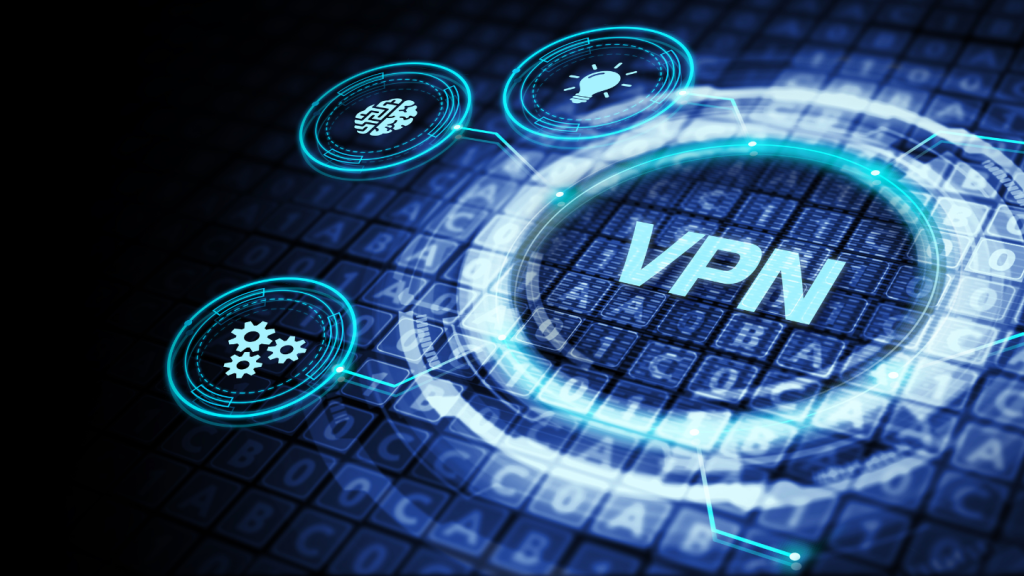
A VPN, or virtual private network, might sound like a techy term, but at its core, it’s like your secret passage on the internet. Imagine this: you’re sending a postcard, but instead of mailing it directly, you send it through a secret tunnel. This tunnel, created between your device and a server owned by a VPN provider, encrypts your personal data, hides your identity, and lets you bypass internet roadblocks.
A VPN connection is like a secret online path that has three key features:
Virtual:
It doesn’t use physical cables in the connection process.
Private:
It keeps your online stuff, like what websites you visit, hidden from others. This means no one else can see your data or browsing activity.
Networked:
It’s like teamwork between your device and the VPN server to keep the connection strong.
This special online path stops sneaky people from spying on what you’re doing and lets you work from far away. Businesses often use VPNs for this.
Now that you understand what is a VPN, let’s talk about how it works and the Types of VPN connections. But first, we cover the history of VPN creation.
History of VPN — Where It All Began
Back in 1996, Microsoft introduced the world to VPN as a solution for remote employees to securely access their company’s internal network. It was a game-changer for businesses, doubling productivity. Fast forward to today, and VPNs aren’t just for big corporations; they’re your ticket to a safer, freer online experience.
Developers realized that VPNs could be used by regular folks, like you and me, who want to explore the vast world of the internet securely. Corporate VPNs evolved into the privacy tools we know today, becoming the protectors of our online privacy in the consumer sector for regular people like us. Well, this is the history of VPN Creation.
Why Do You Need a VPN?
Let’s face it – no one likes being watched or tracked, if they’re not doing anything wrong. For those who want a safer and more secure internet experience, using a VPN has many advantages.
A VPN helps keep users safe by making their information unreadable to others and hiding their online identity. This means that no one can easily trace their internet history or find out their location. This extra privacy gives people more freedom to access content that might be blocked or limited in certain regions. Here are some reasons why you might want to consider using a VPN:
1. Secure Your Data:
When you use the internet, important stuff like work emails, payments, and location details are sent around. On public Wi-Fi, where anyone can connect, your personal info is at risk. A VPN makes your info look like a secret code, so only someone with a special key can understand it. It also keeps your online actions private, so no one else can spy on them.
2. Work From Anywhere:
Nowadays, lots of people do remote work from different places. If you use a VPN, you can connect to your company’s stuff from anywhere using a safe and private connection. This lets you work from anywhere and keeps your company’s information safe, even if you’re using public Wi-Fi. It’s like having the freedom to work from wherever you want while making sure everything stays secure.
3. Access Global Content Anywhere:
Ever wanted to watch a show that is only available in another country? Well, Certain websites and services limit what you can see or use depending on your geographic location. This means you might not be able to view certain media content.
A VPN helps you by making it seem like your device is in a different location, like another country. This way, you can access content that might otherwise be restricted for your location. Now you have a common reason. Why do you need a VPN? Right!
4. Bypass Censorship and Surveillance:
In some places, the government limits what websites or services people can use, and they might also watch what you do online. This means some folks can’t access certain sites or use specific services. Location spoofing lets users in those areas pretend to be somewhere else, so they can get around these restrictions, visit blocked websites, and use the internet more freely.
5. Prevent ISP and Third-Party Tracking:
When you use the internet service provider (ISP), it keeps a record of the websites you visit using your device’s special ID called an IP address. This data might be sold to advertisers, shared with the government, or be at risk if there’s a security breach. However, if you use a VPN, it hides your IP address by connecting to a distant server. This way, your ISP can’t track your online activity, and your private information stays safe.
Now that you know all the details about why do you need a VPN for your work or personal use, let’s cover the Types of VPN Connections because it’s a very important part.
Types of VPN Connections: Your Gateway to Privacy
Today, you will find many VPNs (Virtual Private Networks) for computers and mobile devices. Some you have to pay for, while others are free. They’re used for both work and personal reasons. There are various types of VPN connections, offering different ways to secure your online activities.
Most of these VPNs can be categorized into three main types. Those are Remote Access VPN, Site-to-Site VPN and Mobile VPN. In this guide, we will cover the details of types of VPN connections.
1. Remote Access VPN (also known as client-to-site VPN):
A common type of VPN for computers is called a remote access VPN. It lets people outside an organization connect to the organization’s network or a distant server using their own devices. To do this, you log in with your username and password on a webpage. Once you’re logged in, you can connect through your web browser.
People can use a virtual desktop or a VPN app to connect to a VPN. This app makes it easy to connect to a network or server by entering your login details. The app gives you a user-friendly interface, shows how to connect, and lets you switch between different VPN features.
A remote access VPN is commonly used by both individuals and professionals. It’s handy for remote workers who need to access company files and resources without being in the office. This type of VPN also keeps private data safe for companies that primarily work with remote employees. For regular users who want more freedom and privacy while browsing the internet, a remote access VPN is important. It helps them avoid content blocks, firewalls, and tracking by IPS (Internet Service Providers).
2. Site-to-Site VPN:
Big companies that need a strong, personalized solution, might choose something called a site-to-site VPN. This is like a special, private internet that connects different parts of the company. It lets people in different locations share things with each other, but it makes sure they can’t see everything. This keeps the company’s communication private and safe. Site-to-site VPNs work best for really big companies with offices in many places.
In site-to-site VPNs, there are two kinds of networks.
- Intranet- A company uses an intranet site-to-site VPN to connect its different offices using a local network. This helps various departments in different places work together on projects within a private network. With this connection, they can share information securely and quickly.
- Extranet- A special kind of internet connection called an extranet site-to-site VPN connects various offices of different companies through local networks. If a company often works with outside suppliers, partners, or business vendors, it might need this kind of network. The cool thing is, that the company can decide what parts of their network others can use – like sharing some stuff but keeping other things private.
3. Personal VPN / Mobile VPN:
Most basic VPNs for regular users are called personal VPNs or Mobile VPNs. hey work kind of like the VPNs your workplace might use, but instead of connecting to a specific private network, you connect to servers owned by the company that provides your VPN service. This helps keep your internet activities private and secure.
While the usual VPN services mainly focus on computers, the popularity of smartphones has led to a big increase in VPNs designed for mobile devices—and for good reasons. If you want extra security and privacy while using your smartphone on the move, having a mobile VPN really is important.
Mobile VPNs not only give you the advantages of a regular VPN, but they also keep your data safe even when your internet connection is not very good or is constantly changing between mobile data and Wi-Fi. As long as the app is turned on, the VPN connection stays secure, and your device stays protected. Because of how adaptable they are, mobile VPNs are perfect for people who travel a lot or don’t always have a reliable internet connection.
4. SSL/TLS VPN:
Utilizes web browsers for secure remote access, commonly used for business applications.
5. IPsec VPN:
Provides a high level of security through encryption and authentication protocols.
6. PPTP VPN:
Offers a fast and easy-to-set-up connection, suitable for basic security needs.
7. L2TP/IPsec VPN:
Combines the best features of L2TP and IPsec to provide a secure and reliable connection.
Now you are familiar with all types of VPN connections, let’s talk about how it works.
How Does a VPN Work?
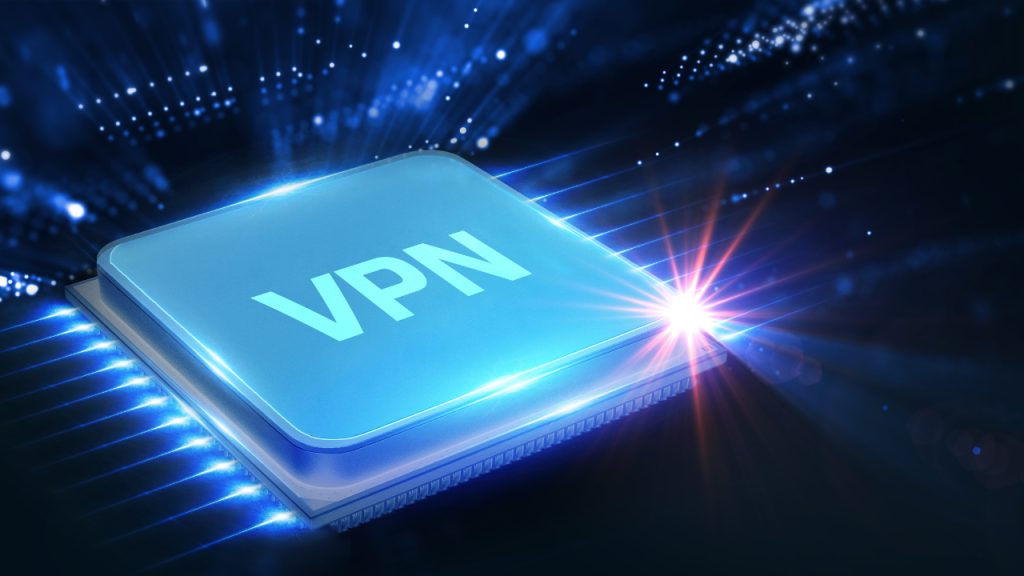
VPNs route your internet connection through a remote server network managed by the VPN service. This means all your data is not only encrypted but also hidden behind a virtual IP address. Think of it as putting on a digital disguise to keep your identity and location under wraps.
The process involves creating an encrypted tunnel for your data to travel through. This data gets scrambled into code, making it unreadable without the encryption key. Once it reaches the server, it’s decrypted and sent back to the site you’re connecting with, now with a new IP address.
That’s how a VPN works. This means it routes your data through a remote server, encrypts it, and then sends it back to its destination.
Here’s the process:
Connection to VPN Server:
Your device connects to a server owned by your VPN provider, creating a secure tunnel.
Encryption:
Your data is scrambled into code, making it unreadable to anyone without the encryption key.
Masking Your IP Address:
The VPN assigns you a new IP address, hiding your real one. This gives an additional level of being anonymous.
VPN Encryption Protocols: The Guardians of Your Security
Hold on, what’s this encryption stuff about? Well, how secure a VPN is depends on the way it protects information, called its protocol.
A VPN with weak encryption is like using a lock that’s easy to pick – it doesn’t do a good job of keeping your online activities private. When people use a VPN, they want to make sure their internet connection is both private and fast. There are different ways a VPN can protect your data, and many VPN services offer at least two options.
Here are some of the most common choices in VPN Encryption Protocols to watch out for:
OpenVPN:
OpenVPN is a commonly used protocol in the digital space, known for being a standard choice due to its strong security, reliability, and adaptability. It uses advanced 256-bit encryption and allows secure tunneling through SSL/TSL.
Additionally, it’s based on open-source technology, meaning anyone can check its code for possible issues. This transparency ensures that your data won’t be sold or shared with third-party advertisers.
SSTP:
SSTP, or Secure Socket Tunneling Protocol, is a widely used method that ensures secure online connections. It employs strong 256-bit encryption and relies on SSL/TSL certifications for user authentication. One notable advantage is its seamless integration into the Windows operating system, where it is supported by Microsoft. This makes it the top choice for users of Windows.
IKEv2 / IPSec:
IKEv2 is a type of online security protocol often used alongside IPSec for better safety and speed. When your internet connection is not very stable, especially when switching between cellular data and Wi-Fi, IKEv2/IPSec helps to keep your connection secure. It’s considered the top choice for VPNs on mobile devices.
L2TP / IPSec:
L2TP, or Layer 2 Tunneling Protocol, is often used together with IPSec to enhance security. It’s built into Windows OS and is usually easy to set up. However, some providers no longer support L2TP because newer and better options are now available.
PPTP:
PPTP, or Point-to-Point Tunneling Protocol, used to be the first version before L2TP. However, it’s now considered outdated because it has known security problems. Some free VPNs might still use it, but it’s not a good choice for secure connections.
WireGuard:
WireGuard is a new and popular VPN protocol. It’s getting more attention because it has a smaller codebase, uses modern encryption tech, and works well on mobile devices. Like OpenVPN, it’s open-source, so anyone can check the code, find bugs, and hold providers responsible.
Keep in mind that choosing the right protocol is crucial for a secure VPN experience. Look for providers offering strong protocols like OpenVPN or WireGuard.
Is VPN safe for devices?
Lots of good paid services let you try them out for free before you decide. This is true for VPNs (Virtual Private Networks) too, which are important for safe and dependable online activities.
But how do you pick the right VPN provider and is VPN safe for devices? I know there are many questions pop up in your mind. The answer is –
Yes, VPNs, or virtual private networks, can be used safely on your devices, you can use them for mobile as well as on computer. But there are risks if you don’t choose a good, reliable VPN service. VPNs add an extra layer of security to your internet, so it makes sense that you would want one on your device.
There are many things to think about when choosing the best VPN app for you. Here’s a checklist to guide you:
Speed:
You need to check if the VPN is fast enough because some providers have trouble being quick for things like watching Netflix or downloading stuff.
Reputation:
To understand how well the VPN works, check out reviews from regular users and experts. With the rise of net neutrality concerns, be careful to choose a genuine VPN, and beware of fake VPNs.
Sharing IP Addresses:
Pick a VPN that provides shared IP Addresses. Being with several anonymous users adds extra privacy to your browsing.
Servers:
Having more servers is good for browsing because it means each server has fewer people using it. And if you’re close to a server, your VPN connection can be faster and more reliable.
Encryption:
AES-256 is the strongest encryption method available today. It’s extremely difficult to break because it has more possible combinations than there are stars in the universe.
Protocol:
Choose a provider with secure protocols like OpenVPN and avoid weaker ones like PPTP.
Policy:
A good VPN won’t store or share your personal info or details about what you do online. While some data collection by VPN providers is done to make their service better for users, check the VPN policy to make sure they’re not keeping and using your private data.
Help Support:
The top VPNs have help support ready to help if something goes wrong.
Features:
Remember what matters to you, and make sure the VPN you pick works with what you want. For example, some VPNs won’t let you use BitTorrent, but others will. Some have a limit on how much you can download, while others don’t. Some come with extras like ad-blocking, firewalls, kill switches, the ability to connect to the VPN on multiple devices at the same time, or the option to change your IP address and server location whenever you want. Find what fits well with how you use the internet.
Free Trials:
Lots of VPNs give you a chance to try them for free called free trials. It’s a good plan to give them a test run before you buy one. Check out how easy they are to use and see how well they work before making a decision.
A paid VPN usually costs about $10 each month, but it can be less expensive if you choose a yearly plan instead of paying every month. The price depends on the VPN provider, what features it offers, and if there are any discounts or promotions.
Using a VPN adds an extra layer of security to your devices, protecting your online activities and data. Now that you know the details of the question, Is VPN safe for devices or not? Let’s cover which types of VPN should I use, free or paid!
Should I Get a Free VPN?
Oh no, There are many VPN providers out there — how do I choose just the right one?
Remember, picking a VPN can be tricky with so many options. Free VPNs aren’t great. They have issues like poor quality and other problems. It’s better to avoid them. While free things are tempting, free VPNs often come with disadvantages:
Poor Security Quality:
Weaker security protocols may compromise your safety. Some free options use less secure methods like PPTP, instead of safer protocols like WireGuard and OpenVPN.
Fewer Servers:
Your internet can become very slow when there aren’t enough servers to handle the internet traffic from many users.
Annoying Ads:
Some free VPNs use advertisements to make money for their free VPN app, affecting your browsing experience.
Download Limits:
Services that don’t cost money often have strict restrictions on how much you can download or upload.
What Does a Good VPN Do?
Now that you understand “Why Do You Need a VPN” and the Different types of VPNs, methods, and situations it can be used for, let’s talk about how to choose a good VPN service. There are many choices available, but it’s important to pick a company that is known for being good at what they do, has a history of doing well, and is trustworthy.
Look for these VPN features in a VPN service:
Strong protocols:
Make sure the VPN provider knows what they’re doing. The main thing to look for in a VPN provider is how safe it is. So, you want a service that uses a standard method with really strong encryption, like the one banks and the military use (it’s called 256-bit encryption).
Confirm it, they don’t use old methods like L2TP/IPSec or PPTP, which are not as secure. Instead, go for ones that use OpenVPN, SSTP, IKEv2/IPSec, or WireGuard. The good providers offer different methods and let you choose the one that suits your needs.
protect IP address:
One big reason to use a VPN is to stay more anonymous. When picking a provider, go for one that lets you change your IP address. A shared IP address puts you in a group with others, making it harder to single you out. Also, make sure the VPN lets you quickly switch servers, so you can pick where you want to appear online from your provider’s servers.
Values:
Ensure their principles align with trustworthiness. Look for positive reviews and feedback from other users.
Servers in many different places:
When you’re using a VPN, the speed can be affected if the company only has a few servers in limited places. But if the VPN service has lots of servers in various locations, including some close to you, your data doesn’t have to travel as far, making things faster.
The more servers they have worldwide, the better the performance because users are spread out. If you want to use an IP address from a specific area, make sure the VPN provider has a server there that supports your chosen settings.
No-log policy:
Even though a VPN can hide you from others, the company providing the VPN could technically see everything you do while using it. That’s why it’s crucial to choose a company that is open about how they handle your information.
A good VPN provider, known as a zero-log or no-log provider, might keep basic info like your email and payment details, as well as the VPN server you use.
However, they shouldn’t store or keep track of the actual data you send while using the VPN, such as your internet activity, connections, session details, or IP address.
User Experience:
Pick a provider that has been around for a while and knows how to provide a good service.
Kill switch:
If your safe VPN connection suddenly stops, your computer goes back to showing your actual IP address, which could reveal who you are. A kill switch stops this from occurring by instantly turning off your internet connection when your VPN connection is interrupted.
Mobile Friendly:
Using your phone on an unsecured Wi-Fi can be risky. If you want a safer mobile experience, find a provider that supports mobile VPN. Look for one that lets you switch to the IKEv2/IPSec protocol when you’re on the go. This makes sure your connection stays safe, whether you’re using public Wi-Fi or mobile data.
Authentication Options:
When your computer tries to connect to a VPN server, you need to prove you’re the right user before getting in. Usually, this involves putting in your username and password on a login page or a computer program.
But for extra security, think about using other ways to prove it’s really you. For example, with multi-factor authentication, you confirm your login on your phone through an app. You can also use a special key that you plug into your computer for even more protection.
Customer support:
Similar to other software companies, a VPN provider should have a good support team that you can reach out to if you have any problems. The support team should know their stuff, be ready to assist, and be easy to contact.
Pricing:
It’s usually better to stay away from free VPNs. When you go for a paid one, you’re getting a reliable company with good technology and infrastructure. Paid providers are less likely to track your actions and sell that data to advertisers. While you might need to pay a monthly fee for a premium VPN, the safety, security, and peace of mind it provides are definitely worth the cost.
Can VPN Trick Your Location?
Yep, with a VPN, you can connect to a server in another country and make it seem like you’re there. Usually, people can figure out where a device connected to the internet is by checking its IP address. These addresses are tied to specific locations. By using a VPN, your actual IP address is hidden, and it looks like you’re using the IP address of the VPN server, hiding your true location.
But keep in mind, that some websites can still figure out where you are in different ways. Also, some websites may get suspicious if your location suddenly changes. For example, if your bank usually sees you logging in from one place and then suddenly sees someone claiming to be you from a different country, they might want to check if it’s really you for security reasons. It’s a good thing for security, but it might be a bit challenging if it’s you using a VPN and not a scammer.
How Do VPNs Help With Identity Theft?
Identity theft is a growing problem that keeps changing in tricky ways. It happens when hackers take your personal info to do things like using your credit cards, getting into your bank account, or pretending to be you for their own gain — basically, it’s fraud. With more and more cases of big companies losing user info in data breaches, the risk of identity theft is getting even bigger. Nowadays, with public Wi-Fi everywhere, like in cafes or airports, our personal info is more at risk than ever.
While we can’t always stop data breaches, we can protect ourselves from online identity theft using a VPN. A VPN encrypts your data, making it unreadable to others, even on unsecured networks. It also hides your IP address, so bad guys can’t easily track you. This way, you’re safe from cyberattacks.
In simple terms, here’s how:
Data Encryption: VPNs encrypt your data, making it unreadable to potential hackers or identity thieves.
IP Address Masking: By hiding your IP address, a VPN makes it difficult for cybercriminals to trace your online identity.
Today, In this digital world where keeping your online activities private is important, a VPN becomes your shield in the fight against identity theft.
You may read -: What is a Domain Name? A Simple Guide
Now you understand what is a VPN and is VPN safe for mobile or not. It’s like learning the secret language of the internet. With a VPN, you’re not just a user; you’re the guardian of your online privacy. So, gear up, because after reading this full article, you know how to choose the right VPN for you, and step into the digital world with confidence, knowing that your online activities are secure, private, and yours alone.
If you have any questions or doubts related to What Is a VPN, Types of VPN, or anything related to VPN then let me know in the comment section. Thanks for reading this wonderful article.



